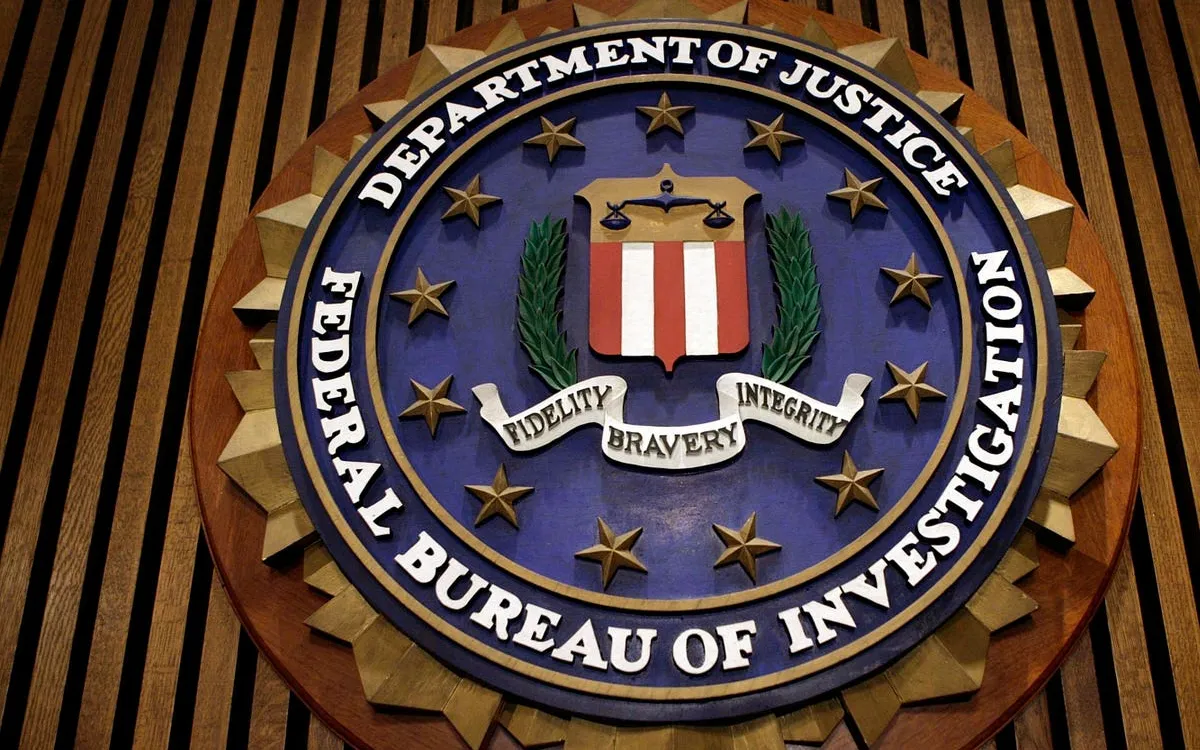
The latest updates regarding the Medusa ransomware threat have emerged as of March 15, 2025. Originally published on March 13, this article has been revised to include expert insights from information security professionals following recent warnings about the escalating Medusa ransomware attacks. The Federal Bureau of Investigation (FBI) has issued a stark warning about unusual ransomware threats that are reportedly being delivered via the United States Postal Service, as well as a concerning campaign from the so-called Ghost attackers. Furthermore, these attacks represent some of the most sophisticated threats ever observed against Gmail users.
In light of these ongoing threats, the FBI has reiterated its previous advice to users regarding the importance of two-factor authentication (2FA). The recently published FBI industry alert has consolidated mitigation strategies into a single advisory, emphasizing the necessity of enabling 2FA for webmail services like Gmail and Outlook, as well as for Virtual Private Networks (VPNs). The FBI urges all users to act promptly to enhance their security defenses.
Medusa is a notorious ransomware-as-a-service provider that has impacted at least 300 victims within critical infrastructure sectors since its campaign was first detected in June 2021. Known for leveraging both social engineering tactics and exploiting unpatched software vulnerabilities, Medusa’s attacks are sophisticated and highly damaging. Recent FBI investigations have allowed intelligence agencies to compile a comprehensive dossier detailing the tactics, techniques, and procedures (TTPs) employed by this threat actor.
In collaboration with the U.S. Cybersecurity and Infrastructure Security Agency (CISA), the FBI released a joint cybersecurity advisory on March 12, focusing on the Medusa ransomware group. The advisory, identified as AA25-071A, provides in-depth technical details about the Medusa operation. It is imperative for all cybersecurity professionals to review this document to better understand the threat landscape.
According to experts, the name Medusa is fitting given the multifaceted and widespread impacts of these attacks across various industries. Tim Morris, chief security advisor at Tanium, highlighted the importance of mastering asset management and establishing robust defense mechanisms to counteract this persistent threat. Morris pointed out that ransomware operators like Medusa often target critical infrastructure organizations due to their pressing need to maintain uninterrupted services.
Jon Miller, CEO and co-founder of Halcyon, elaborated on the tactics used by the Medusa group, which include exploiting security vulnerabilities to gain access to networks, escalating privileges, and exfiltrating sensitive data. Once inside a system, Medusa employs advanced techniques to maximize its impact, such as executing base64 encrypted commands via PowerShell to evade detection, and utilizing tools like Mimikatz to extract credentials from memory.
The FBI has outlined several immediate actions that organizations should take to mitigate the risks associated with the Medusa ransomware campaigns:
Implement two-factor authentication for all services, especially webmail like Gmail and Outlook, and for all VPNs and accounts accessing critical systems. Enforce long passwords for all accounts and reconsider the necessity of frequent password changes. Maintain multiple copies of sensitive data in secure, physically separated locations. Keep all operating systems, software, and firmware up to date. Prioritize patching known vulnerabilities in internet-facing systems. Use network monitoring tools to identify abnormal activities and potential ransomware traversal. Monitor for unauthorized access attempts and filter network traffic to prevent untrusted origins from accessing remote services. Audit user accounts with administrative privileges and enforce the principle of least privilege for access controls. Disable unused ports and command-line scripting permissions.Despite the FBI and CISA’s recommendations, not all experts are satisfied with the guidance provided. Roger Grimes, a data-driven defense evangelist at KnowBe4, criticized the advisory for not emphasizing security awareness training as a primary defense against ransomware attacks that often exploit social engineering tactics. Grimes noted that social engineering is involved in 70% to 90% of successful hacking attempts, yet the official alert does not mention it among the 15 recommended mitigations.
Grimes argues that there is a disconnect between how cyberattacks typically occur and the defensive measures recommended by authorities. He likened the situation to learning about burglary through windows while only being advised to secure doors, suggesting that this misalignment allows hackers to continue exploiting vulnerabilities effectively.
In conclusion, the Medusa ransomware threat remains a significant concern for organizations. By implementing the FBI's recommendations and prioritizing security awareness training, organizations can better protect themselves against these evolving threats.